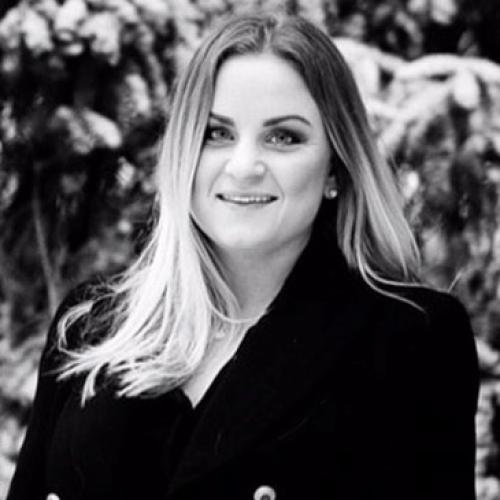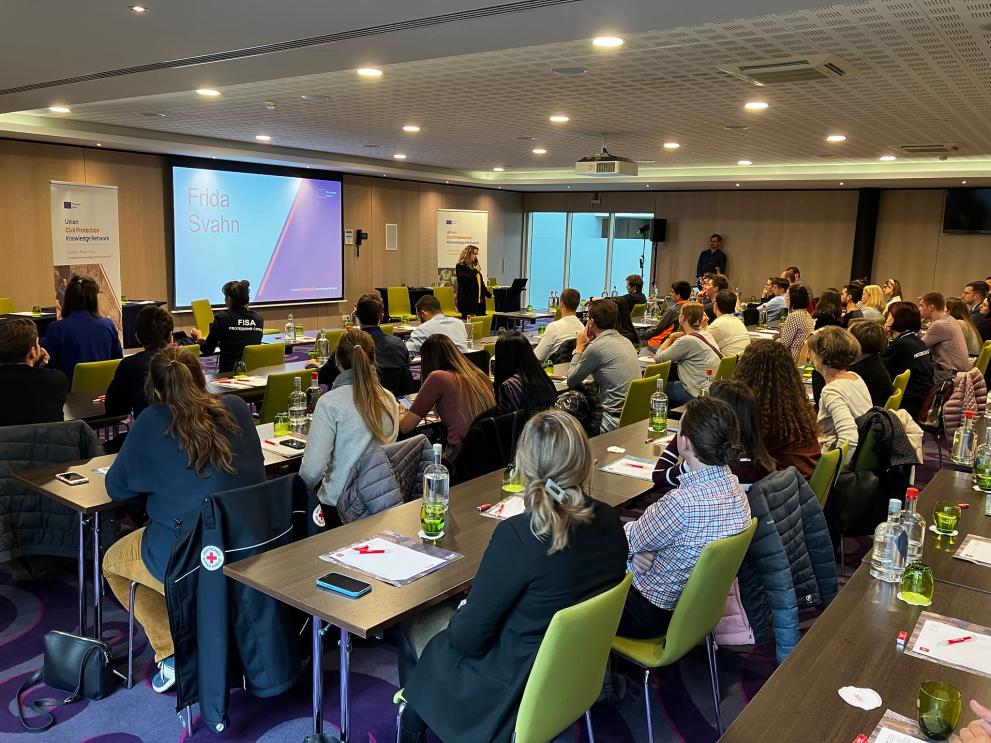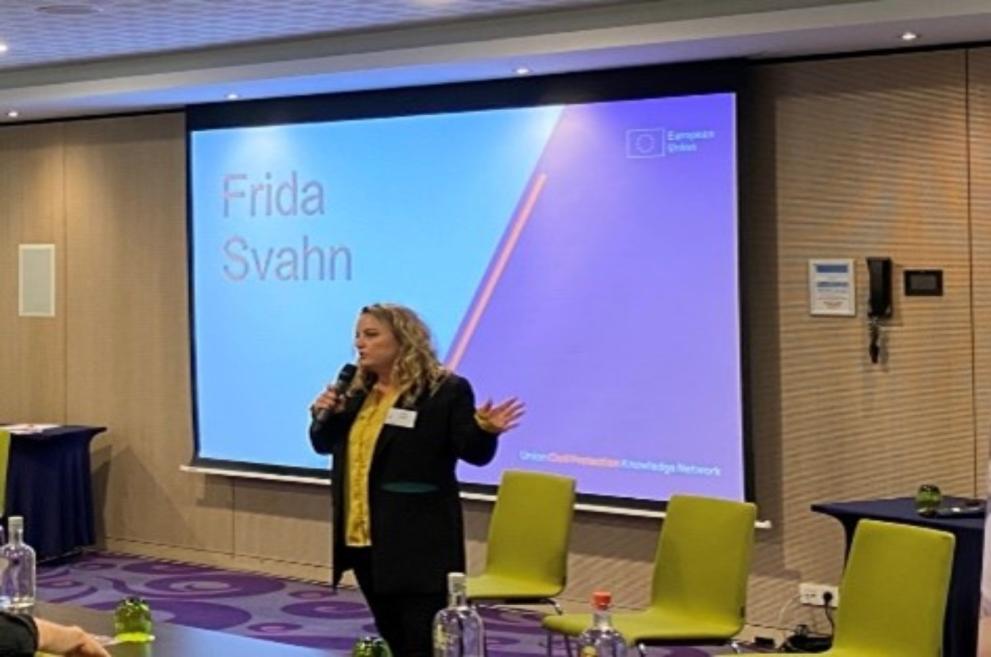
Next Generation UCPM: Frida Svahn
Collaboration is key to effective civil protection. To ensure a safer, more equal future for the EU, a new generation of civil protection experts with a wide range of attributes, skills and knowledge must work together. In this series, we talk to young professionals in the civil protection domain to find out about their roles, motivations, and advice for others who want to work in this field.


